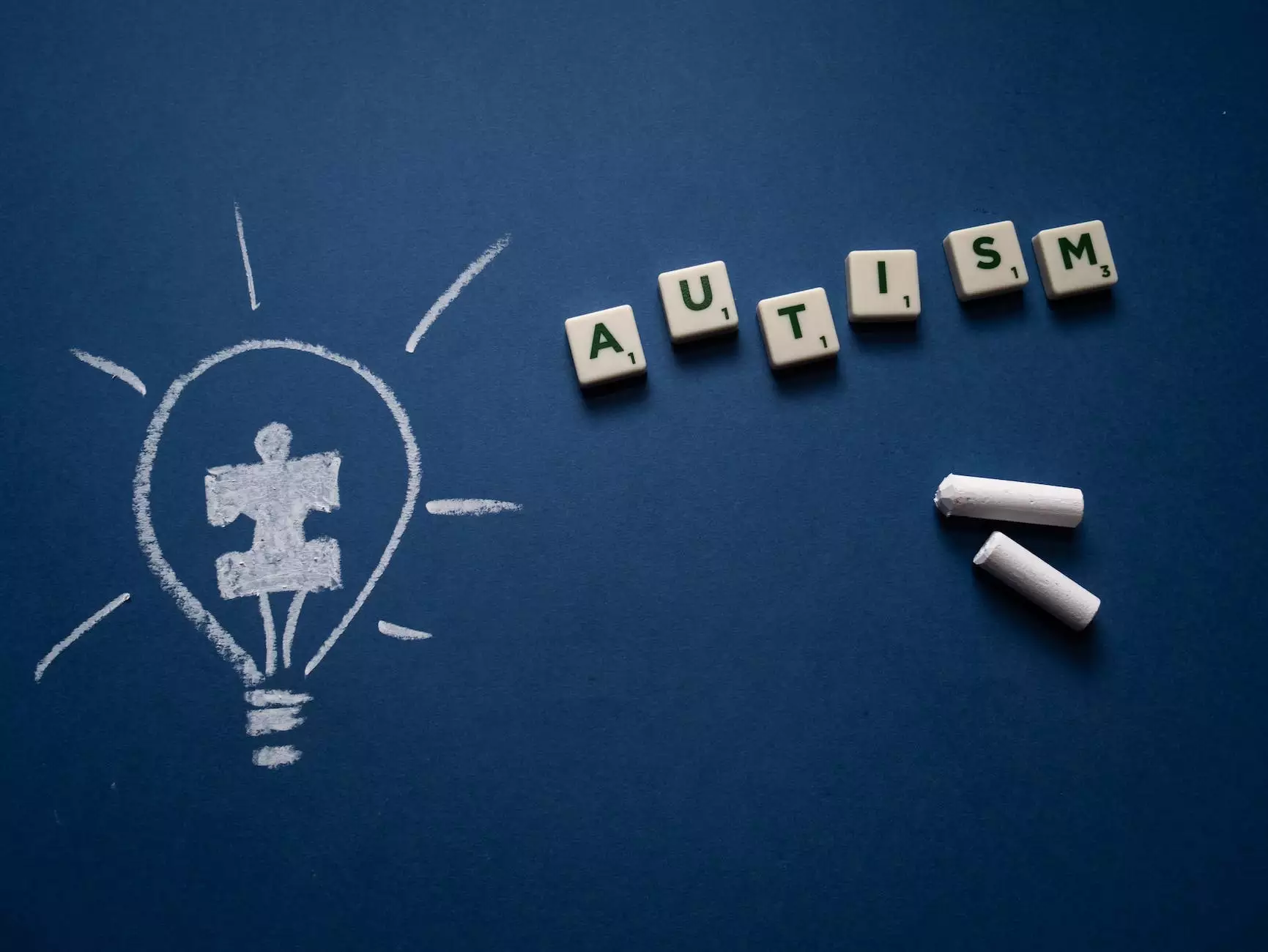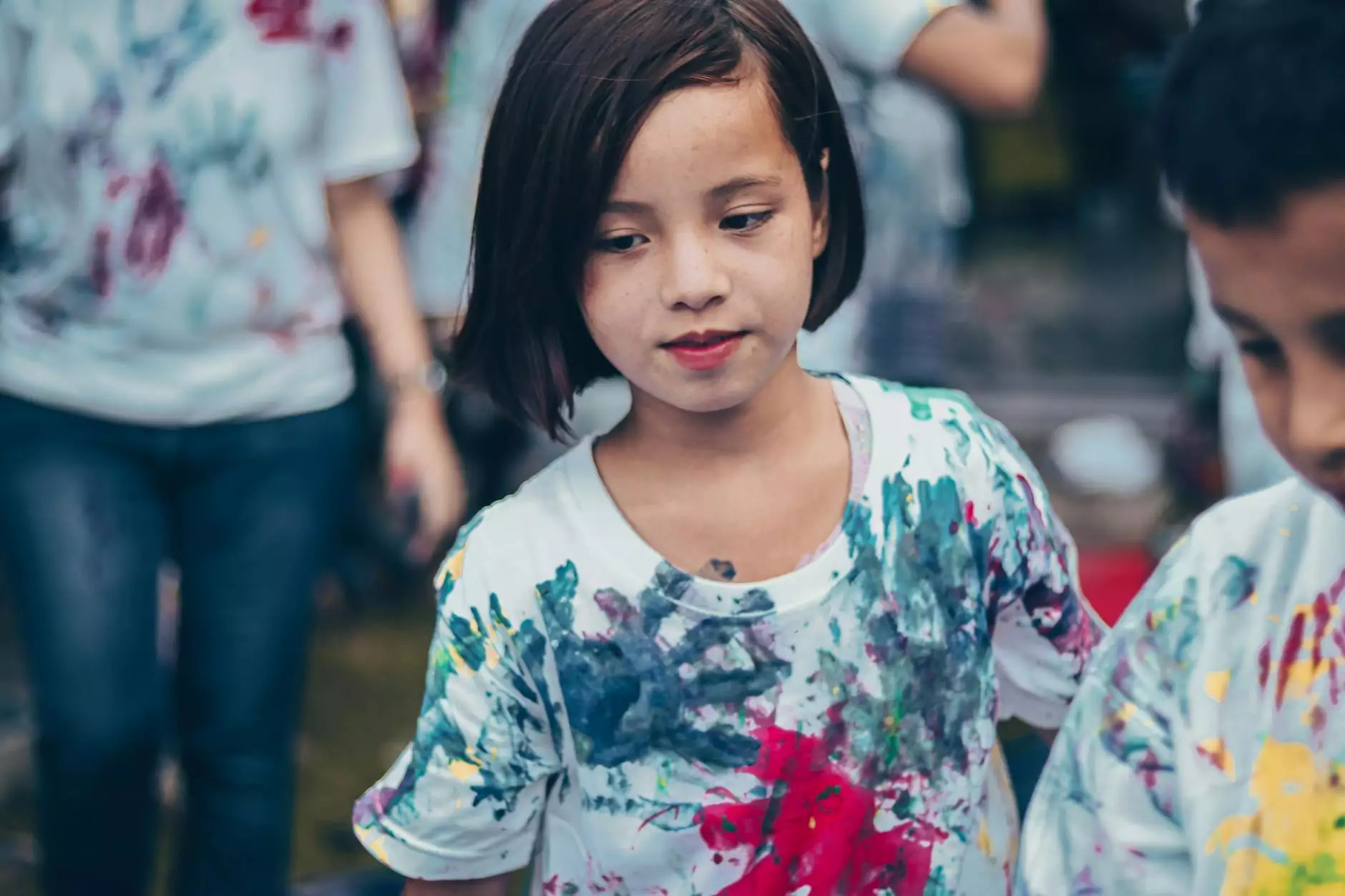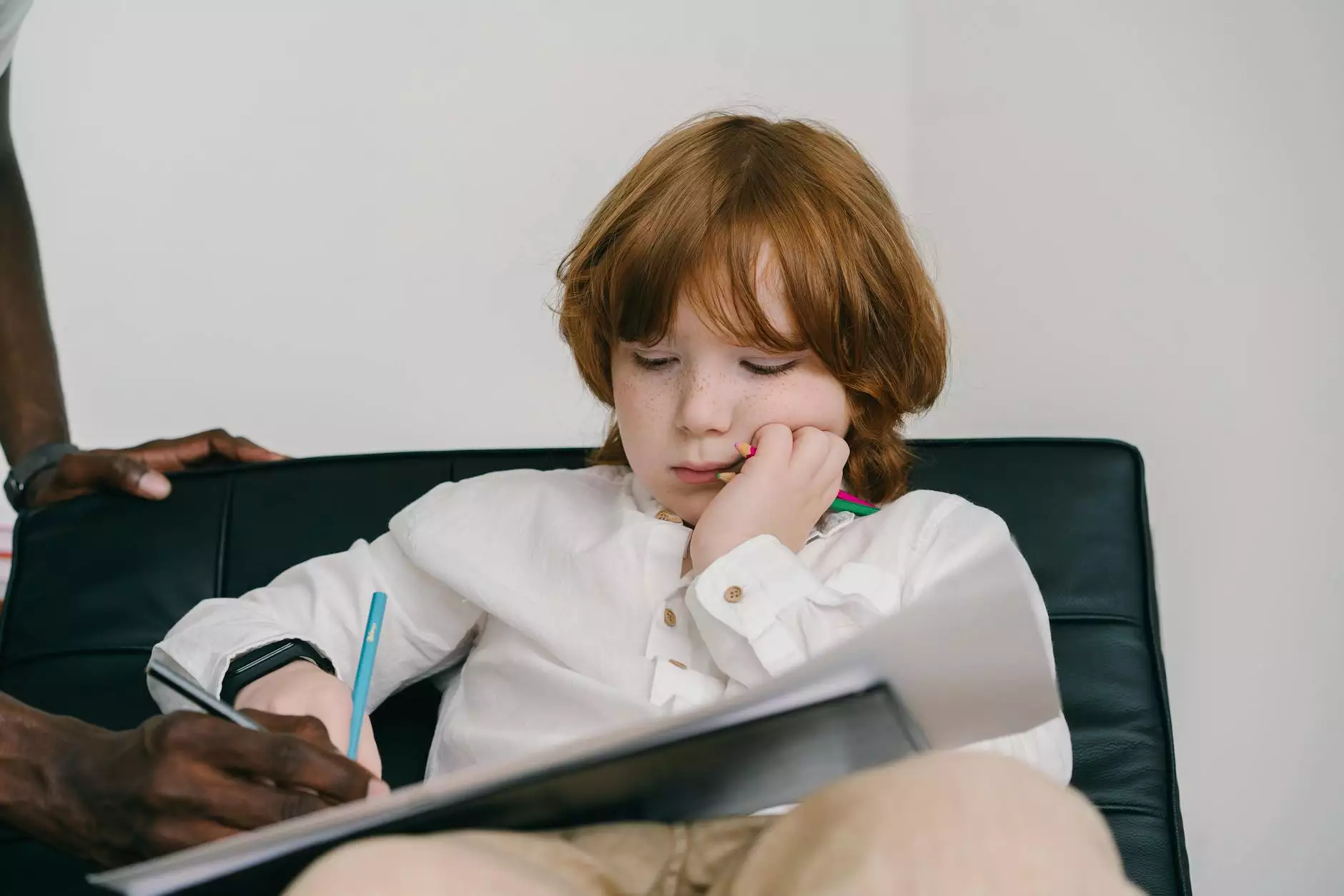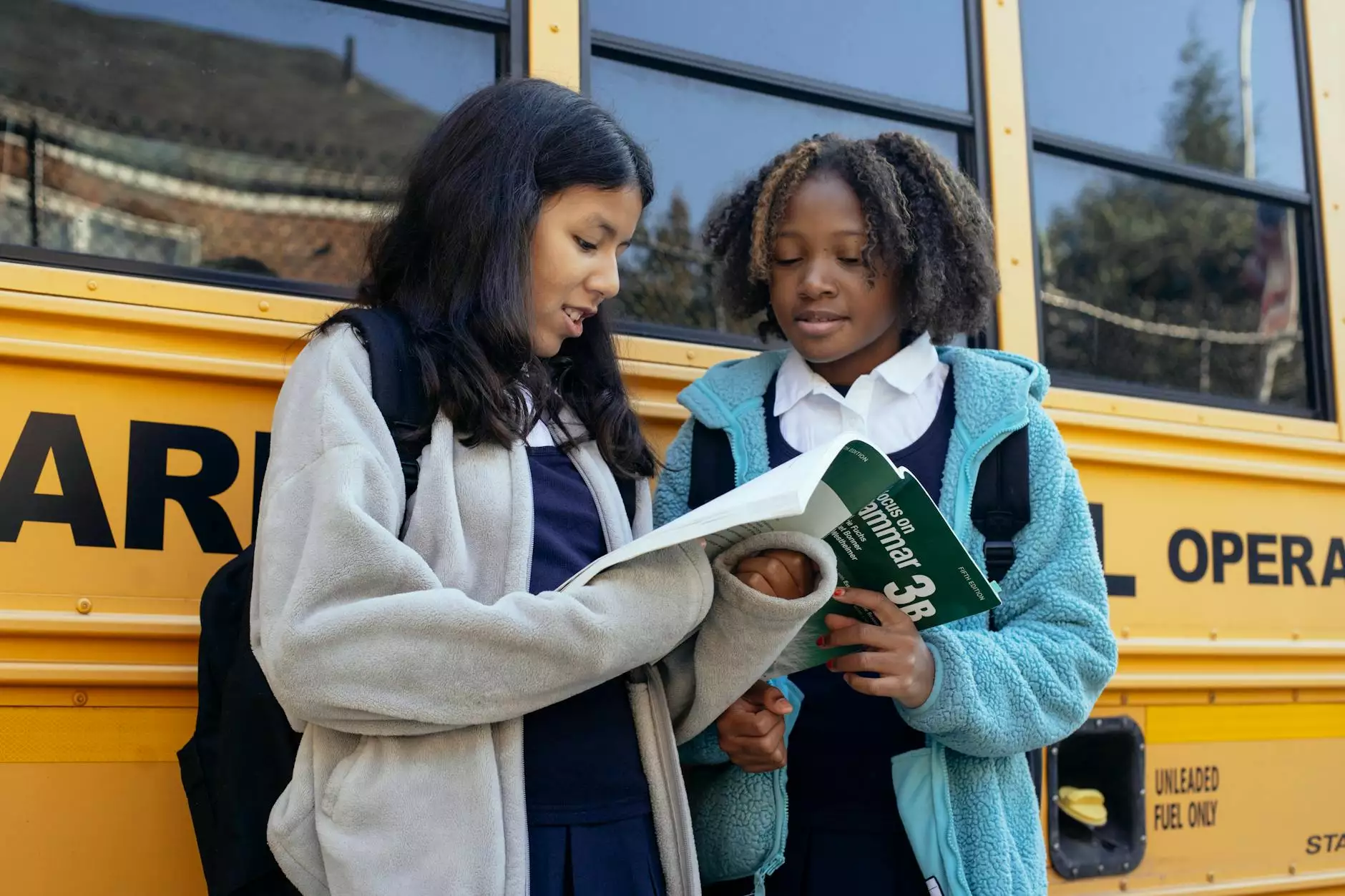Choosing the Right Toys for Children with Autism

At Festivals Bazar, we offer a wide selection of toys specially curated for children with autism. We understand the importance of providing toys that cater to the unique needs and development of these children. Yellow Bus ABA, our renowned partner in autism therapy, has put together this comprehensive guide to help you make informed choices when selecting toys for your child.
The Importance of Choosing the Right Toys
Children with autism often have specific sensory, motor, and cognitive needs. The right toys can provide sensory stimulation, encourage social interaction, promote motor skills development, and foster cognitive growth. By selecting toys that address these areas, you can enhance your child's playtime experience and support their overall development.
Understanding your Child's Needs
Before diving into toy options, it's essential to understand your child's specific needs and preferences. Autism is a spectrum disorder, which means each child may have different challenges and strengths. Observe their preferences, interests, and sensitivities to determine the best toys that suit their individual needs. Yellow Bus ABA recommends assessing the following areas:
- Sensory Profile: Determine your child's sensory preferences and sensitivities. Are they sensory-seeking or sensory-avoidant? Consider toys that provide different sensory experiences like tactile, auditory, visual, and proprioceptive.
- Motor Skills: Assess your child's fine and gross motor skills. Are they working on hand-eye coordination or developing fine motor strength? Look for toys that address these areas, such as puzzles, building blocks, or toys that require manipulation.
- Cognitive Ability: Understand your child's cognitive abilities and interests. Are they more inclined towards problem-solving, imaginative play, or letter/number recognition? Choose toys that align with their cognitive strengths while also encouraging growth in other areas.
- Social Interaction: Determine your child's social interaction preferences. Do they enjoy solitary play or prefer engaging with others? Look for toys that promote cooperative play, turn-taking, or encourage social skills development.
Toys for Sensory Stimulation
Children with autism often have unique sensory profiles, and toys can help provide the necessary sensory stimulation. Consider the following options:
- Tactile Toys: Toys with different textures, such as squishy balls, textured puzzles, or sensory books, can engage the sense of touch.
- Visual Toys: Toys that offer visual stimulation, like light-up toys, mobiles, or visual timers, can captivate and calm children with autism.
- Sound Toys: Musical toys, sound puzzles, or noise-canceling headphones can help children explore and regulate their auditory experiences.
- Proprioceptive Toys: Toys that provide deep pressure or resistance, like weighted blankets, therapy balls, or push toys, can help create a sense of grounding and body awareness.
Toys for Motor Skills Development
Motor skills development is crucial for children with autism, and toys can play a significant role in supporting their progress. Consider these options:
- Puzzles: Choose puzzles with varying difficulty levels to enhance problem-solving skills and fine motor control.
- Building Blocks: Construction toys like building blocks, LEGO sets, or magnetic tiles can promote hand-eye coordination, creativity, and spatial awareness.
- Art Supplies: Crayons, markers, playdough, and finger-painting sets can encourage fine motor skills development and self-expression.
- Ride-On Toys: Tricycles, scooters, or balance bikes can assist in developing gross motor skills and improving balance.
Toys for Cognitive Growth
Stimulate your child's cognitive abilities with toys that promote learning, problem-solving, and imagination. Consider these options:
- Memory Games: Classic memory games or matching cards can help improve concentration, memory, and cognitive processing skills.
- Pretend Play Sets: Dollhouses, kitchen sets, or doctor kits can foster imagination, creativity, and role-playing skills.
- STEM Toys: Construction sets, coding games, or science kits introduce STEM concepts while nurturing critical thinking and problem-solving abilities.
- Educational Apps: Explore educational apps or interactive learning devices that align with your child's interests and cognitive abilities.
Toys for Social Interaction
Promote social interaction and communication skills through carefully selected toys that encourage cooperative play. Consider these options:
- Board Games: Classic board games like Snakes and Ladders, Ludo, or cooperative games like Pandemic can foster teamwork, turn-taking, and social skills.
- Pretend Play Props: Role-playing sets like a play kitchen, toolset, or dress-up costumes encourage interactive and imaginative play with peers or siblings.
- Social Skills Games: Games that focus on emotions, manners, or social situations can help children navigate social interactions and develop empathy.
- Group Activity Toys: Choose toys that require team efforts, such as building towers together or completing a puzzle as a group.
Remember, every child is unique, and their needs may change over time. Engage in continuous observation, communication with therapists or educators, and most importantly, listen to your child's preferences. By offering toys that are specifically tailored to their needs, you can create an engaging and supportive play environment for children with autism.
Visit Festivals Bazar to explore our extensive collection of toys designed to engage, inspire, and support children with autism. Let us be your partner in providing meaningful playtime experiences for your child's holistic development.









